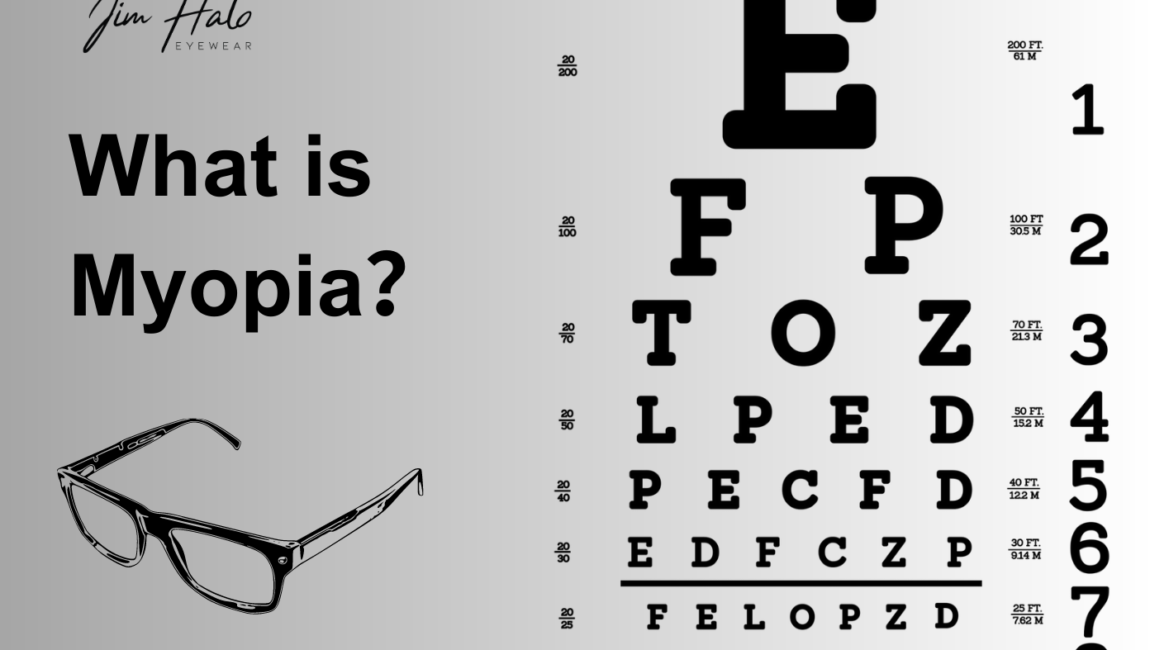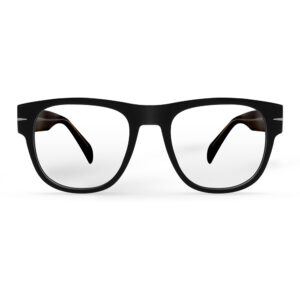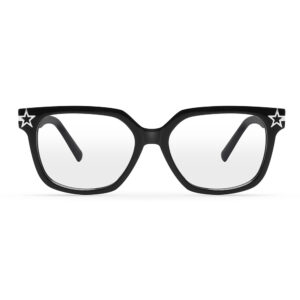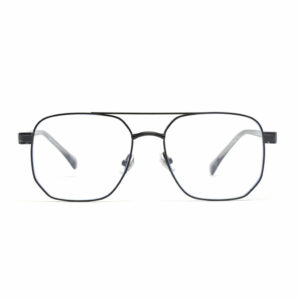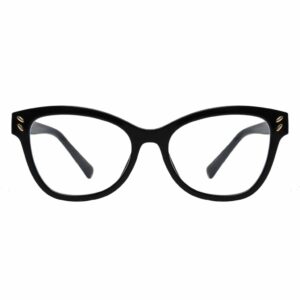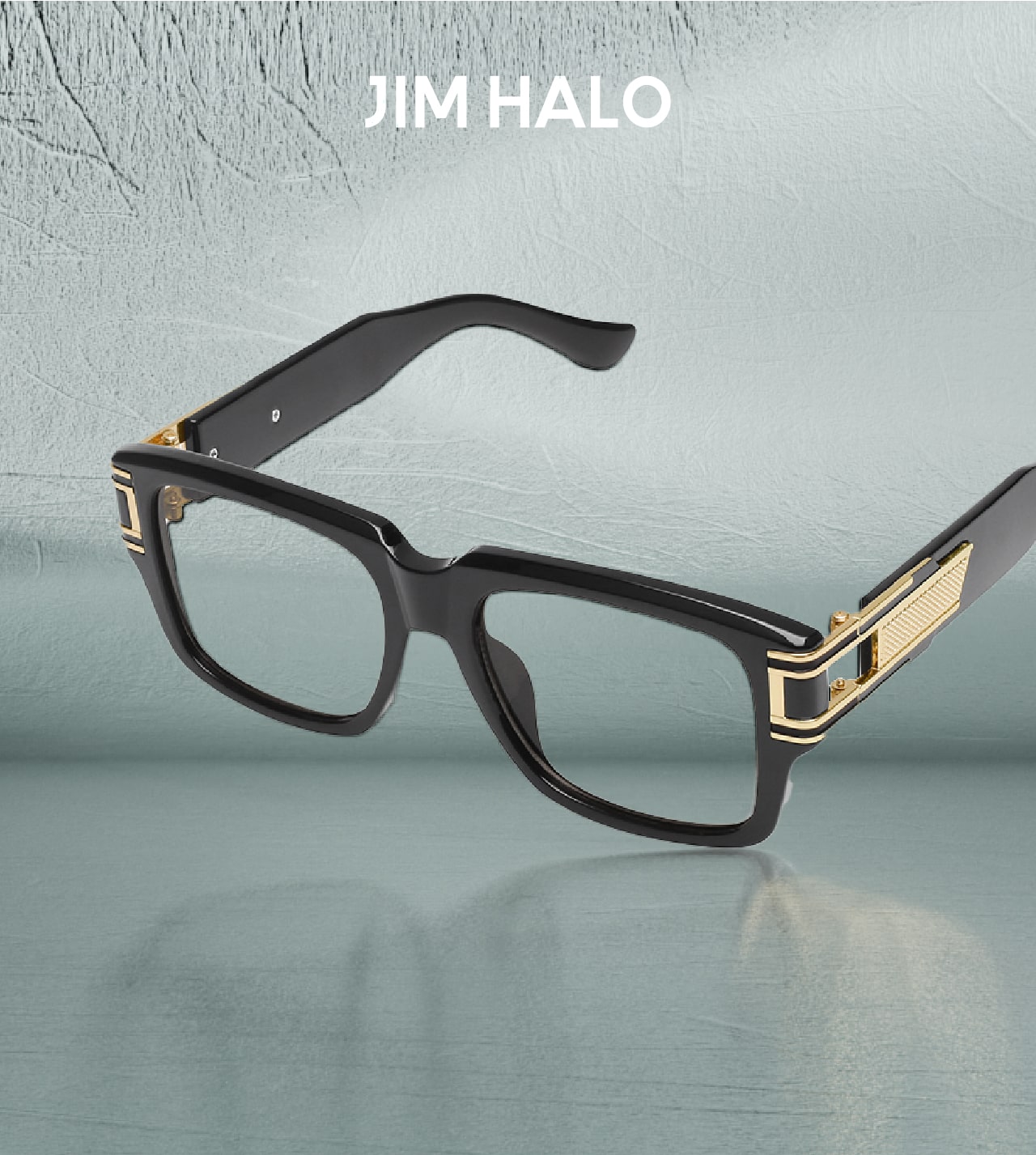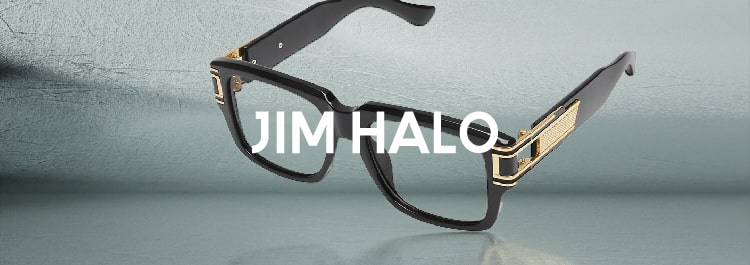Myopia, also known as nearsightedness, is a refractive error,which affects the ability of the eye to focus on distant objects. It is a common vision problem. Even though it affects millions of people worldwide, its prevalence is increasing at an alarming rate.
What Causes Myopia
Myopia is caused by both genetic and environmental factors. Research suggests that if one or both parents are nearsighted, their children are more likely to develop myopia.
Also, spending too much time indoors and engaging in activities,like reading and using digital devices, which require a lot of close-up work, may increase the risk of developing myopia. Parents can help their children by encouraging outdoor activities and limiting screen time. Good habits, such as taking frequent breaks during close-up work, maintaining proper posture, and getting regular eye check-ups, can also help prevent and manage myopia.
Signs & Symptoms of Nearsightedness
The main symptom of nearsightedness is difficulty seeing distant objects clearly, while nearby objects are usually clear. Other signs and symptoms of nearsightedness may include:
-
Squinting to see distant objects
-
Headaches, especially after reading or other close work
-
Eye strain or fatigue
-
Blurred vision when looking at distant objects
-
Difficulty seeing while driving, especially at night
-
Needing to sit closer to the TV or computer screen
-
Rubbing the eyes frequently
If you are experiencing any of these symptoms, it is important to schedule an eye exam with an optometrist or ophthalmologist to determine if you have nearsightedness or another vision problem.
Can Myopia Be Corrected
Yes, it can be corrected through various methods such as wearing glasses or contact lenses, undergoing refractive surgery, or using orthokeratology lenses. The most common method of correction is wearing prescription glasses or contact lenses that are designed to adjust the focus of light entering the eye.
Refractive surgery, such as LASIK, can also be an option for those who want a more permanent solution. Orthokeratology lenses are another option, which involves wearing specialized contact lenses overnight to reshape the cornea temporarily. It’s important to consult with an eye care professional to determine the best method of correction for your individual needs.
How to Choose Eyeglasses for Your Eyes
Regular eye check-ups with an eye doctor are crucial to ensure you have the right prescription lenses for your degree of myopia. Comfort and suitability are key factors when choosing a frame style and shape. Some frames can be too heavy or tight, causing discomfort or headaches.
Material of the frame is important, too. There are many options available, including metal, plastic, and even eco-friendly materials like bamboo.
Besides, think about any additional features you may want, such as anti-reflective coatings, photochromic lenses, or blue light blocking technology.
How to Stop Myopia from Progressing
One of the most effective ways is to take regular breaks from close-up activities. Spending long periods of reading or using electronic devices can strain your eyes and contribute to myopia progression. To prevent this, take frequent breaks and look away from the screen or book to give your eyes a rest. Spending time outdoors and getting exposure to natural sunlight can slow the progression of myopia, according to studies.
A healthy diet that includes fruits, vegetables, and omega-3 fatty acids can also support healthy vision and reduce myopia progression.
Wearing the correct prescription is crucial and an effective way to slow the progression of myopia. Therefore, it is essential to wear the correct prescription prescribed by your eye doctor, especially if you already wear glasses or contacts for myopia. Wearing the wrong prescription can worsen myopia.
Consider orthokeratology, a non-surgical treatment where special contact lenses are worn overnight to reshape the cornea and temporarily correct myopia. This treatment has been shown to slow the progression of myopia in some patients. It’s important to consult with your eye doctor for personalized advice on how to manage and stop the progression of your myopia. By taking proactive steps and addressing the underlying causes, you can help protect your eyesight and maintain healthy vision.
Conclusion
In conclusion, myopia is a common vision problem that can be caused by both genetic and environmental factors. However, there are several ways to manage and correct myopia, including wearing glasses or contact lenses, undergoing refractive surgery, or using orthokeratology lenses. Taking proactive steps like spending time outdoors, maintaining a healthy diet, and wearing the correct prescription can also help slow the progression of myopia. Regular eye check-ups with an eye doctor are essential to ensure you have the right prescription lenses for your individual needs.

